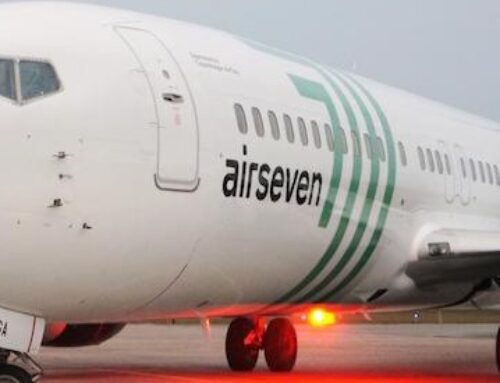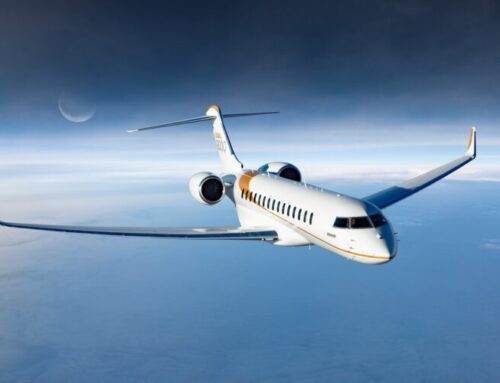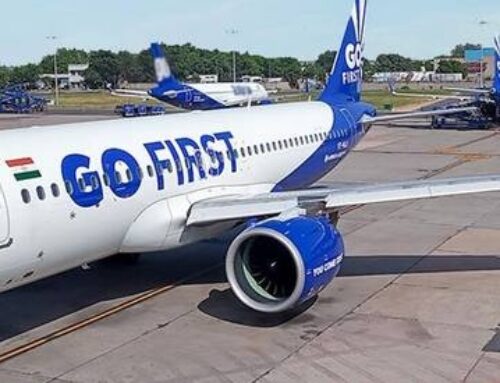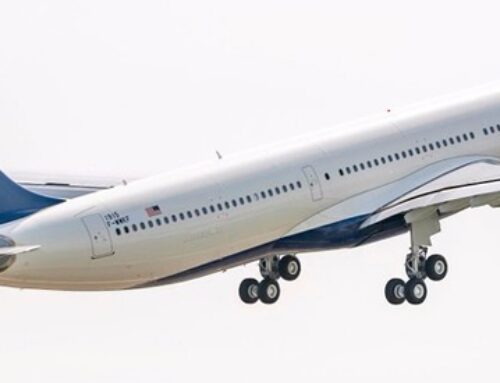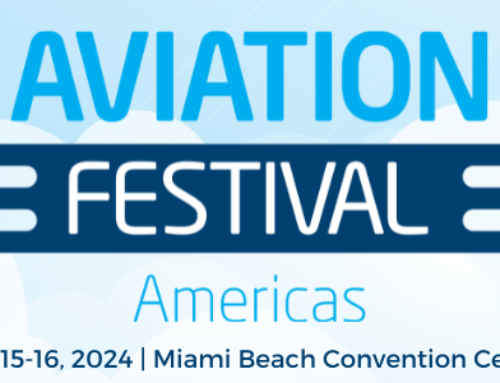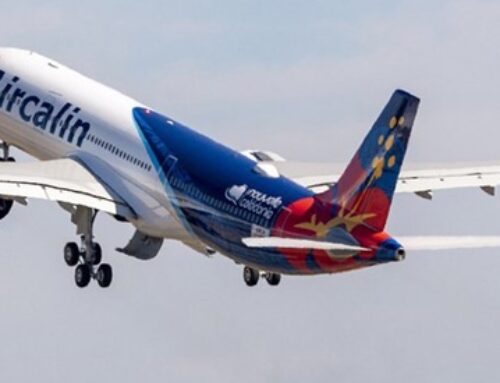
United’s 777-300ERs feature the new Polaris cabins.
The Cabin Ops Safety Conference, hosted by TAP Portugal, will discuss the key trends in cabin safety.
Jonathan Jasper, Senior Manager, Cabin Safety, IATA, says three challenges stand out and will likely generate lively sessions at the in-person event—the first time this customer and people-oriented sector has been able to gather for three years.
Skills shortage
“Skills shortage is a huge issue,” he says. “The industry recovery has been strong, and it takes time to get crew back into service.”
Many staff were furloughed or laid off during the pandemic. Swathes of experienced crew have left aviation, their skills highly prized by other industries. And even those that return effectively have to start again.
“Airlines must interview thousands of people, decide on the successful applicants, and then run the relevant security checks,” says Jasper. “That can take a long time. Even ex-crew returning to the fold will need to renew security clearances. And then you have to work out how to train such large numbers at once. Airlines aren’t used to doing that and don’t have the capacity.”
Some fundamental changes to service, such as how food is served, health requirements, and so forth, add to the complexity of the issue. It has even been reported that some airlines are considering blocking seats or even removing them altogether to reduce their cabin crew requirements and still comply with safety regulations.
Masks
Of the many new tasks facing cabin crew, easily the most difficult is getting passengers to understand mask requirements where they still exist. Passenger confusion is understandable. Jasper describes the plethora of rules that vary from country to country as “chaos.”
IATA position is clear. Mask requirements on board aircraft should end when masks are no longer mandated in other parts of daily life, for example in theatres and offices or on public transport. In Europe, for example, the European Aviation Safety Agency’s recommendation to relax the mask mandate has been welcomed as a step on the road back to normality. And in the United States, a federal judge ruled that the mask mandate was illegal. But such clarity is rare.
Nevertheless, airlines must comply with regulations, and it is the crew’s job to ensure compliance. The issue led to an enormous rise in unruly passenger incidents.
Crew wellbeing
Not surprisingly, unruly passengers and an increasing workload are among the factors that have made cabin crew mental health and wellbeing an emerging challenge. But it is the pandemic that really brought the issue to the fore. Perhaps a crew member has been out of work for some time and is having financial issues, or maybe they are struggling to implement the confusing array of health measures. The pressure in providing customer service under these circumstances is enormous.
It can lead to safety-critical failings. It is possible that the crew member may not be as vigilant as usual if they are distracted by personal issues. Or they could forget to report something they have noticed.
Fatigue is a part of this although that is already covered by existing safety regulations. Rather, it is about the unquantifiable effects of mental health concerns. “And that is why it is so difficult to get regulation in this area,” says Jasper. “Mental health is a broad area, and it is difficult to define and combat the variety of problems. But this goes beyond normal employee duty of care legislation. It can affect safety.”
Most airlines are considering a peer support program as the best way forward. It would give cabin crew the opportunity to talk openly and honestly about any issues affecting them or their performance.
IATA is also supporting International Flight Attendant’s Day through social media. “This is our chance to demonstrate that we care about cabin crew, and to reinforce the positive aspects of the role,” says Jasper. “In turn, this will help support interest in applying for cabin crew jobs, which will help our members with their recruitment shortages, and positively affect the passenger experience.” airlines.iata.org

